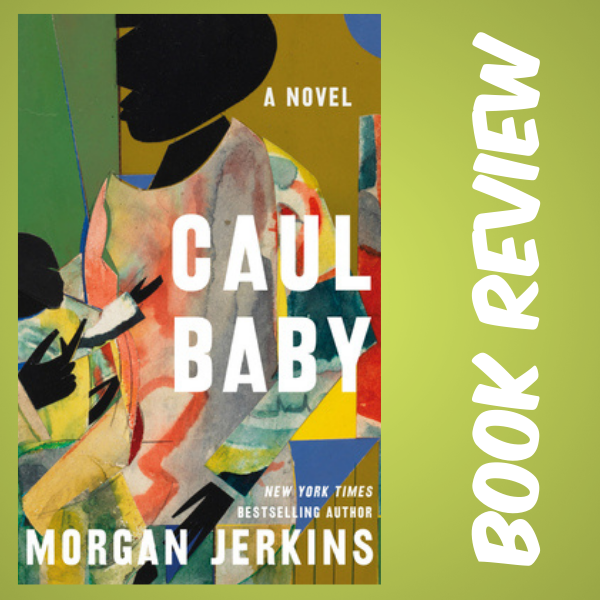Knowing Caul Baby was set in Harlem, I immediately thought the time period was the Harlem Renaissance. Then, I read the line “Uncle Ralph grew up in Providence and didn’t even know he was Black until he listened to Outkast for the first time!” I thought Okay, we are in the So Fresh, So Clean era. Actually, the story begins in 1998.
Part I of the novel establishes key characters and the actions that will carry them. Laila Reserve has suffered through miscarriages and carries a hopeless optimism of having a child with her husband, Ralph, who is an architect, mostly working in Boston. Laila becomes pregnant again. She does not want to even acknowledge the possibility of giving birth; the excitement of it all. To ensure the child will arrive, she becomes involved with the Melancon family, who is known for their caul. They are a family of women. Hallow is the centerpiece of the story. She is incredibly sheltered and full of wonder. She is also described as a successor in the Melancon family. Part II is the “where are they now” of the characters. The story is in 2018. I had wondered where some of the characters went. I wanted to move with them again. With the shape of the novel, I basked once again in their being.
Caul is defined overtime. “A precious layer of skin that is the secret source of {their} healing power.” People know of its power. They want access. Caul is how the Melancon family make their money. The description of cutting the caul is captivating. I rolled in my skin. I read it again, wondering if my eyes were witnessing the same words I was. Yes, they were. Because caul is in the novel’s title, I was left not quite understanding its power. I would think of it more as a salivating gift; that people would do anything and everything for it. The drama would come from that. What was the power of the caul in as from “charred skin reverted to its original state”, as described in the novel? The multi-generational families were more interesting. Caul was secondary.
Church is an establishment that is written as a reflection of its hypocrisy, ritual, and grace. Sister Evans is representative of every fan swinging front pew church devotee. She is a curious whisper who knows all the business. Gentrification is a cornerstone of the story, particularly with offers made to purchase the Melancon’s bodega over time. Naturally, Columbia University is a central connection to gentrification because of its proximity to Harlem. It is the school Amara attends, showing her ambition that envisions her career and that an Ivy League school could fulfill that vision. Amara is Laila’s niece.
The prose speaks for the moment. It is moody and luxurious as well as mention being eye-opening. I imagined being in the Melancon home with deteriorating walls, cobwebs, and crumbling corners. As I read, I carried a candle as I watched their lives. The men in the story reveal the complexities of when a relationship is a dream deferred. The men can come across as being on the back burner. Black women are anchored in their stories.
Black maternal health is the foundation of the story. Birth is what carries the lineage. The trauma of birthing is a focal point. For one of the characters, I saw the constant despair. It can be a burden that festers.
A film to accompany this novel is Eve’s Bayou. The mysticism of gathering and multi-generational secrets compliments the novel, especially as the film is set in Louisiana and the Melancon family is from Louisiana. Cloutierville, in the story, is known for being the biggest and foremost community of caulbearers.
This novel is a wonder of power, consequences, and family. Providence, New Haven, and Boston are roots for some of the characters. Jerkins also centers this story as a love galore to Harlem with its intricacies and foundation for Black artistry.
Every time Crown Fried Chicken was mentioned, my heart shed a tear.



Pingback: Beyond the Box - our weekly feminist newsletter | Feminist Book Club